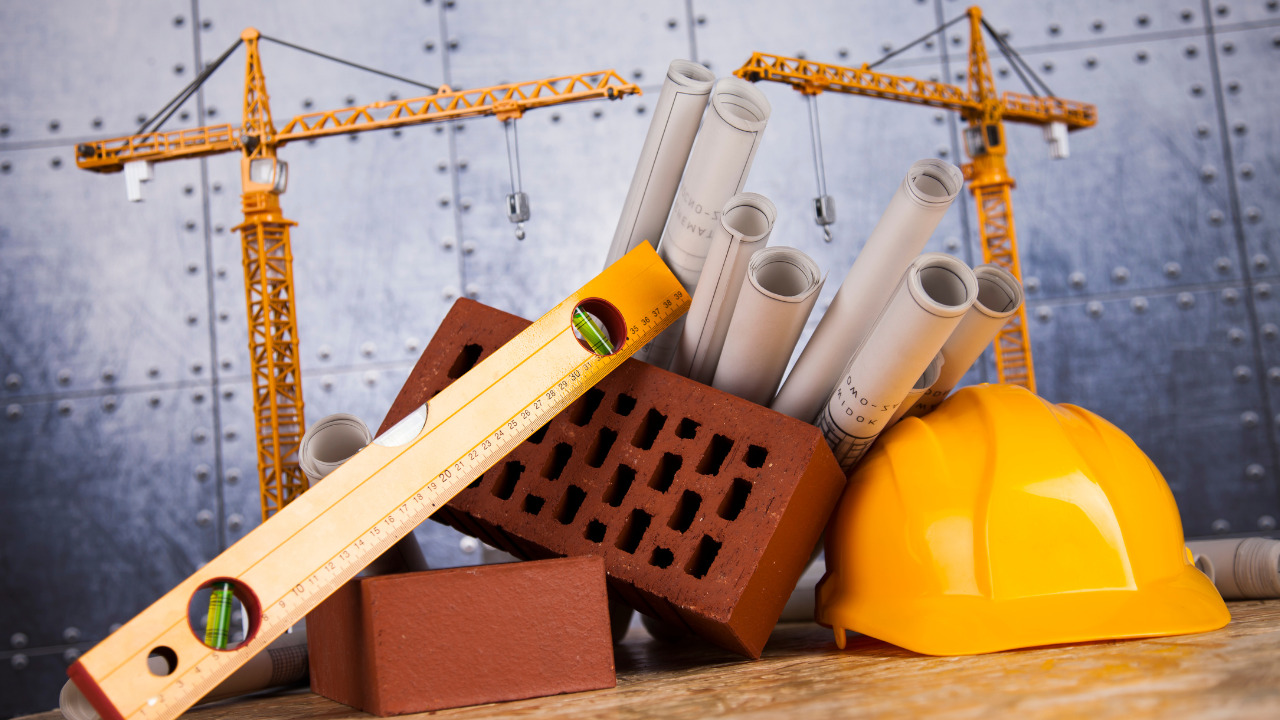Navigating the realm of construction projects can seem intimidating, especially when it comes to understanding the necessary contract documents. Critical in ensuring smooth project execution, these documents detail the roles and responsibilities of project participants from initial design to final construction.
CooperBuild, as an NYC general contractor, ensures that all projects are built on a solid foundation of clear and comprehensive contract documents. They’re the foundation on which any construction project is built. Consider, for instance, a project plan. It plots the course for the entire project, outlining everything from budgetary constraints to schedule timelines. Without a clear and comprehensive project plan, a construction project could easily veer off course, resulting in costly delays.
This blog post aims to demystify these crucial elements of the construction industry, providing contractors with the knowledge they need to confidently embark on their construction journey.
For an expert guide to managing scope of work in construction, check out Bridgit’s blog post.
Table of Contents
Construction contract documents a contractor can’t do without
Here are the most imperative contracts a construction contractor can’t do without.
Project plan
As mentioned earlier, a project plan forms the backbone of any construction project. It outlines:
- Project scope
- Budget
- Timeline
- Roles and responsibilities of each team member
It also details the project’s milestones and deliverables, providing a clear roadmap for successful completion.
Contract agreement
Contract agreements are legally binding documents that outline the terms and conditions of construction projects. They define all obligations among parties involved as well as any penalties for non-compliance.
Construction drawings & specifications
This is a detailed visual representation of the project, providing a comprehensive guide for the builders. The drawings include architectural designs, structural blueprints, and landscape plans, while the specifications document provides particulars about the materials and methods to be used in the construction.
Bill of quantities (BQ)
A BQ is a document that provides detailed breakdowns of every material, tool, and labor requirement for the project, helping with cost estimation and budgeting.
Work schedule
A work schedule provides a timeline for the project, detailing when each stage of the project should start and finish. It also marks out milestones and deadlines to help track progress.
Change order forms
These documents are used to record and authorize changes to the original project plan. They detail the change and its impact on cost and schedule and require the signature of all relevant parties.
Certificates of compliance
These certify that the construction has complied with all necessary building codes and regulations and are often required before a newly constructed building can be occupied.
Completion certificate
This is the final document that signifies the completion of the project as per the contract agreement. It is issued after the project has passed all inspections and all contractual obligations have been met.
Common pitfalls when mishandling contract documents
It’s crucial to properly maintain and utilize these contract documents. It’s equally – if not more important – not to mishandle them. We’ve compiled a list of the potential backlash improper use of these documents can have on your construction project.
Scope creep
Without an established project plan and work schedule, it can become easy for the project scope to expand beyond what was agreed upon, potentially leading to cost and schedule overruns.
Contract disputes
Without an explicit contract agreement in place, disputes regarding the terms and conditions of a project can arise, leading to legal complications and creating unneeded conflicts.
Incorrect material usage
Failure to follow specifications and bills of quantities (BQs) can result in using materials or methods not intended, potentially jeopardizing construction quality.
Budget overruns
Without a detailed BQ, contractors can easily underestimate costs, leading to budget overruns.
Delays
If work schedules are not correctly followed or updated, project timelines can become delayed.
Unapproved changes
If change order forms are not correctly utilized, unapproved changes may be implemented, which can affect the project cost and schedule.
Non-compliance
Failure to secure necessary certificates of compliance can lead to legal issues and may prevent the building from being occupied.
Incomplete work
If the completion certificate is not properly handled, it may be issued before all work is completed as per the contract agreement, leading to potential disputes and remedial work.
Understanding construction contract documents is crucial
The intricate world of construction projects revolves around an array of essential contract documents. Mismanaging or overlooking these documents can lead to issues. Therefore, understanding these documents and their importance is vital for contractors to ensure a smooth, efficient, and successful construction journey.





